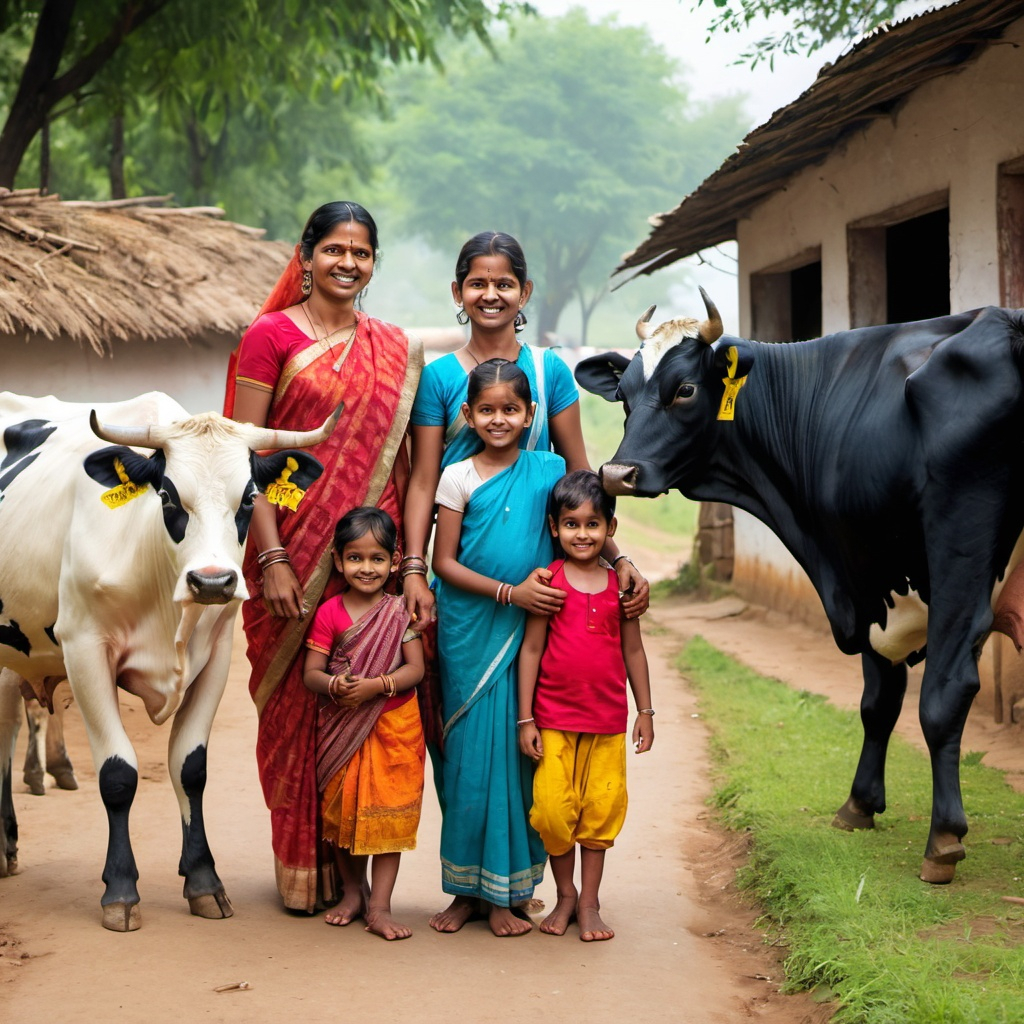Community Impact
The easy availability of quality green fodder has the potential to bring about a significant positive impact on rural communities in India.
By ensuring an abundant supply of nutritious fodder, Shunya directly contributes to the enhancement of rural livelihoods. With access to high-quality green fodder, farmers can witness substantial improvements in the health and productivity of their livestock. Nutritious fodder leads to healthier animals, which in turn can result in increased milk production, better quality meat, and improved overall agricultural output.

